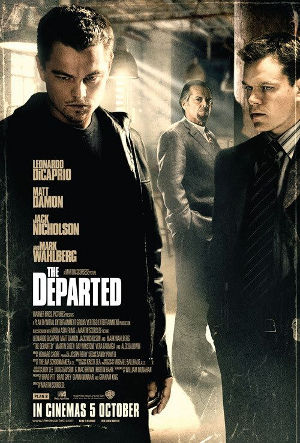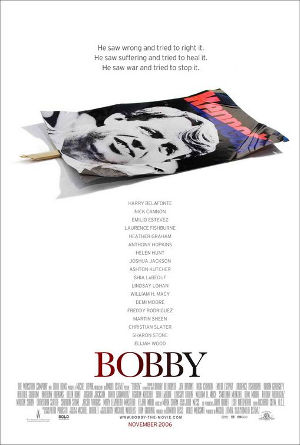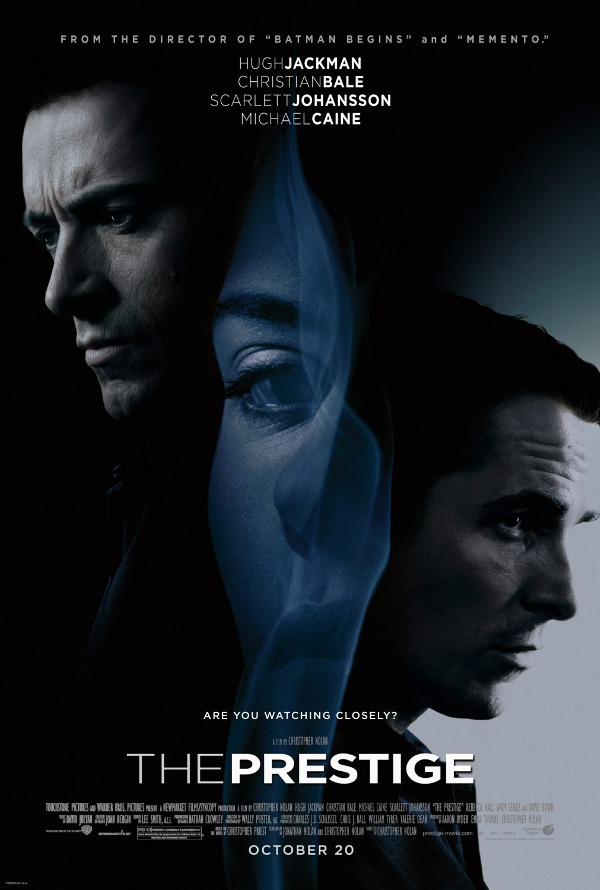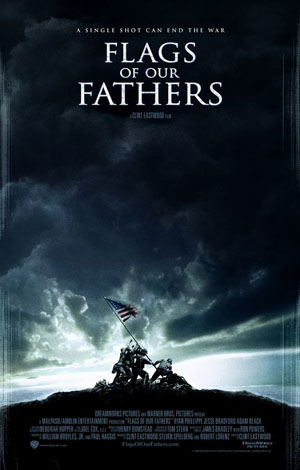The Departed
- Title: The Departed
- IMDB: link

 Martin Scorsese has given American cinema some great films. Who could forget Taxi Driver, Raging Bull, Goodfellas, and Casino? His recent films however have recieved a mixed reaction. The Aviator was exqusite and sleek, but lacked the heart and soul of the film it must always be compared to, given its subject matter, Citizen Kane. Gangs of New York was brutal and honest, but some unfortunate miscasting and near week-long running time was a little too much to bear. And most critics agree 1999’s Bringing Out the Dead was, at least in a small way, a blunderous misstep.
Martin Scorsese has given American cinema some great films. Who could forget Taxi Driver, Raging Bull, Goodfellas, and Casino? His recent films however have recieved a mixed reaction. The Aviator was exqusite and sleek, but lacked the heart and soul of the film it must always be compared to, given its subject matter, Citizen Kane. Gangs of New York was brutal and honest, but some unfortunate miscasting and near week-long running time was a little too much to bear. And most critics agree 1999’s Bringing Out the Dead was, at least in a small way, a blunderous misstep.
Here Scorsese returns to a cops and maifa story, re-uniting with DiCaprio, and giving us a tale of intrigue and thrills that relies more on story than gun play, and more on character than body count (at least until the last 20 minutes). The result? It’s his best film in years.
The film follows two new members of the Boston State Police Department fresh from the academy and put to work in Boston.
…

 In the style of
In the style of 

 One picture can define everything. Flags of Our Fathers, the latest from director Clint Eastwood and writer Paul Haggis, looks at how a single photograph changed the war in the Pacific during WWII. Though it does include some huge battle scenes, it’s more focused on the later years, how the photograph, and the U.S. Government’s use of it, changed the lives of three soldiers forever.
One picture can define everything. Flags of Our Fathers, the latest from director Clint Eastwood and writer Paul Haggis, looks at how a single photograph changed the war in the Pacific during WWII. Though it does include some huge battle scenes, it’s more focused on the later years, how the photograph, and the U.S. Government’s use of it, changed the lives of three soldiers forever.
